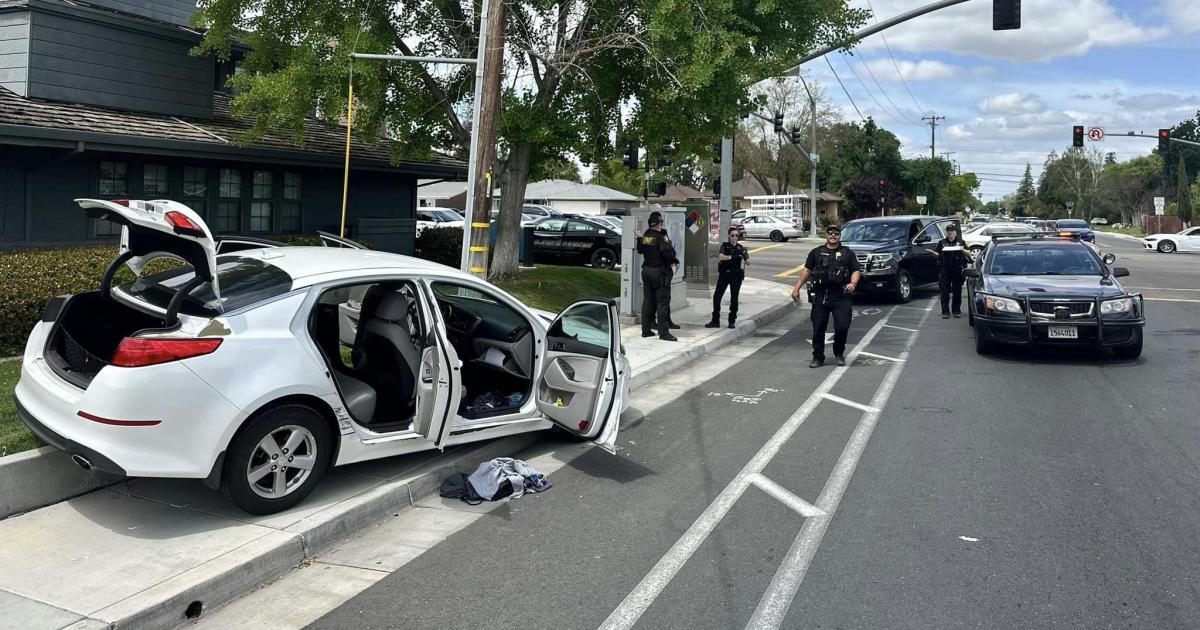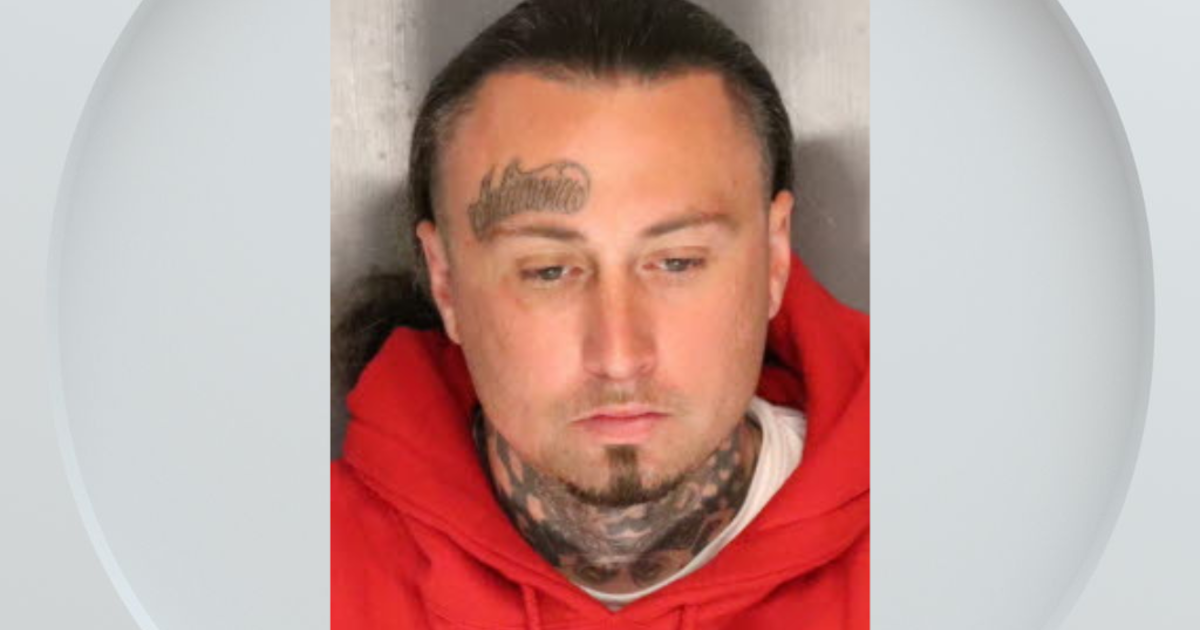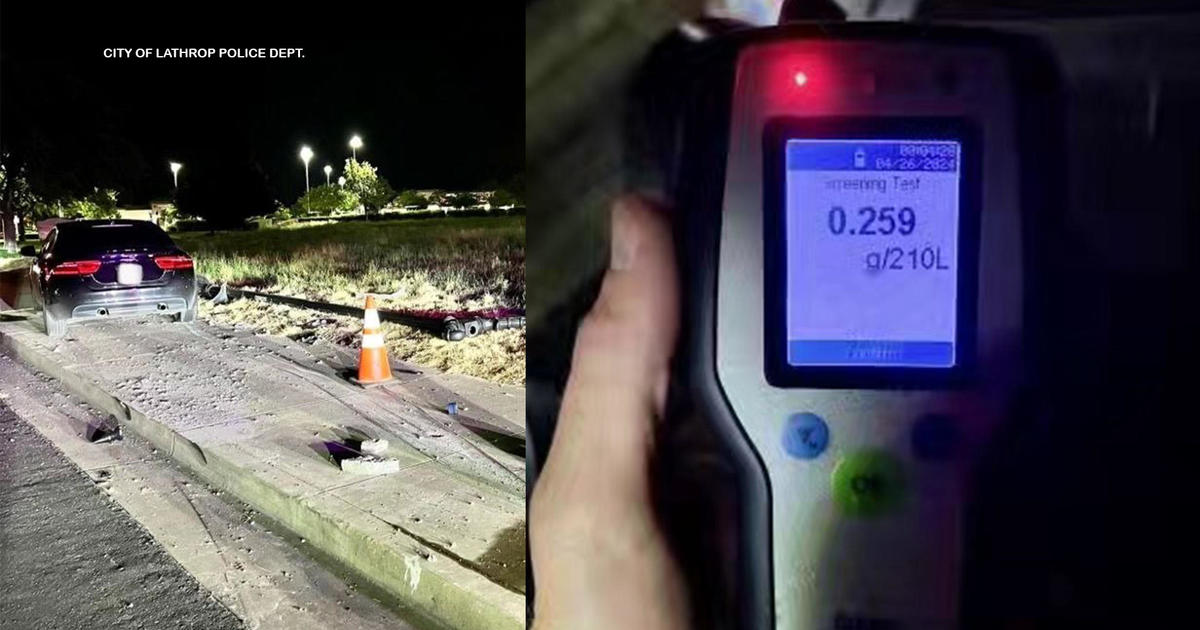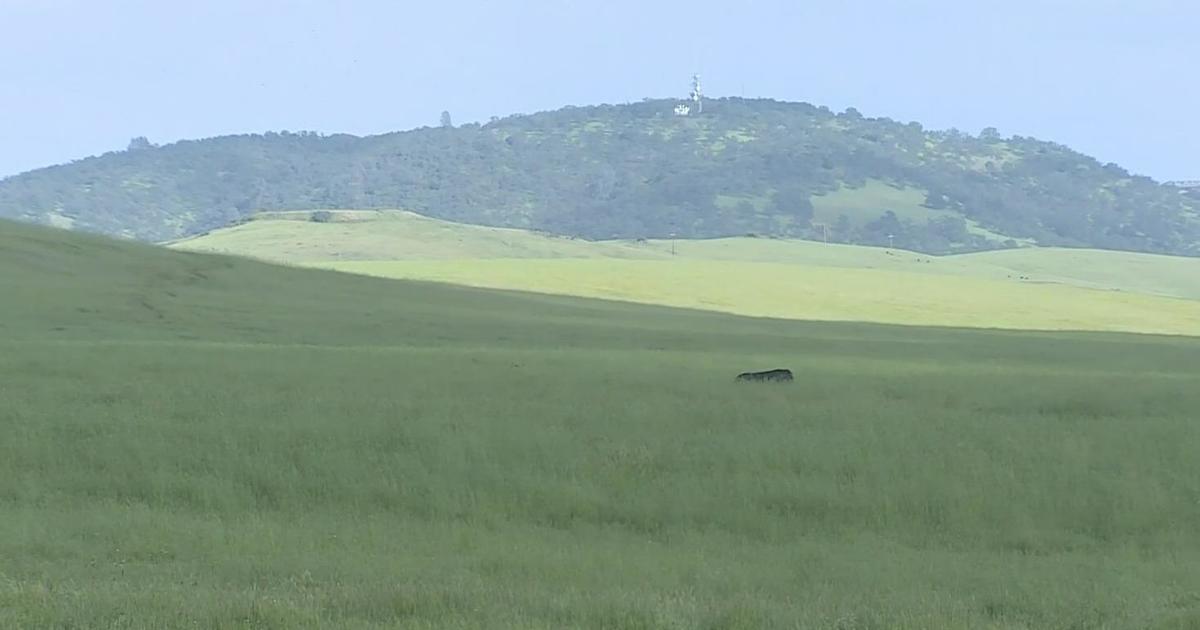NorCal City Moves Toward Removing Police From Traffic Stops
BERKELEY (AP) — The city of Berkeley moved forward Wednesday with a proposal to eliminate police from conducting traffic stops and instead use unarmed civilian city workers as part of a broad overhaul of law enforcement. The City Council also set a goal of cutting the police budget by 50%.
The council approved the plan during a nine-hour virtual meeting that ended at 3 a.m., the East Bay Times reported.
The vote calls on the city manager to convene a "community engagement process" to pursue the creation of a separate department to handle transportation projects as well as enforcement of parking and traffic.
"For far too long public safety has been equated with more police," said Mayor Jesse Arreguin.
Get the app: Download the new CBS Sacramento News app for iOS and Android
It's believed the plan to separate traffic from law enforcement is the first of its kind in the U.S. and it comes as many cities attempt broad public safety reforms following the death of George Floyd while in Minneapolis police custody in May.
The reform plan also seeks to remove armed officers from homeless services and mental health and crisis management, the East Bay Times said. It also establishes a community safety coalition and steering committee, and initiates an analysis of police calls and responses. Details are to be determined by the city manager and auditor.
Numerous studies have shown Black motorists are much more likely to be stopped by police than whites for minor traffic infractions and the results sometimes can be deadly.
Philando Castile, for example, was fatally shot after the 32-year-old was stopped for a broken tail light during a traffic stop in 2016 in Minnesota. Sandra Bland, 28, died in a jail cell three days after being stopped for failing to signal when changing lanes in Texas in 2015.
The Berkeley Police Department said Monday it does not comment on council legislation.
In a joint statement, the police unions for Los Angeles, San Jose and San Francisco said that reckless driving, speeding, driving while under the influence are all dangerous "traffic" enforcement violations.
"We do not believe that the public wants lax enforcement of those incidents by non-sworn individuals," the unions said. "Traffic stops are some of the most dangerous actions police officers take. What happens when the felon with an illegal gun gets pulled over by the parking police? Nothing good, we're sure of that."
The largely affluent and progressive San Francisco suburb of 120,000 has led the country on environmental, cultural and equity issues. Last year the council voted to replace gender-specific words in the city code with gender-neutral terms, such as "maintenance hole" for "manhole" and "workforce" for "manpower."
Whites make up 54% of the city's population, followed by Asians at 20%, Latinos at 11% and Blacks at 8%. Yet African-Americans accounted for half of 608 traffic stops conducted by police between mid-March and mid-June this year, according to a City Council memo. White drivers accounted for nearly a quarter of all stops.
A 2018 report by the Center for Policing Equity, a research and advocacy group based in Los Angeles, found that Black and Latino drivers were stopped at higher rates than whites by Berkeley police.
"It's hugely significant," said Cheryl Phillips, co-founder of the Stanford Open Policing Project at Stanford University. "It has the potential to transform what is, I think, the most common interaction with police that people have."
Data analyses by the open policing project also found that Black and Latino motorists were searched far more often than whites, Phillips said, but the searches turned up fewer drugs, guns and other contraband. She also said it's notable that the racial disparity in stops decline after sunset, presumably because it is harder to see the race of a driver.
In California, Black drivers were stopped by law enforcement at 2.5 times the per-capita rate of whites and searched three times as often, according to a state report issued in January by the Racial and Identity Profiling Advisory Board. Officers were nearly three times as likely to search African Americans than whites, although white suspects were more likely to yield contraband or other evidence.



